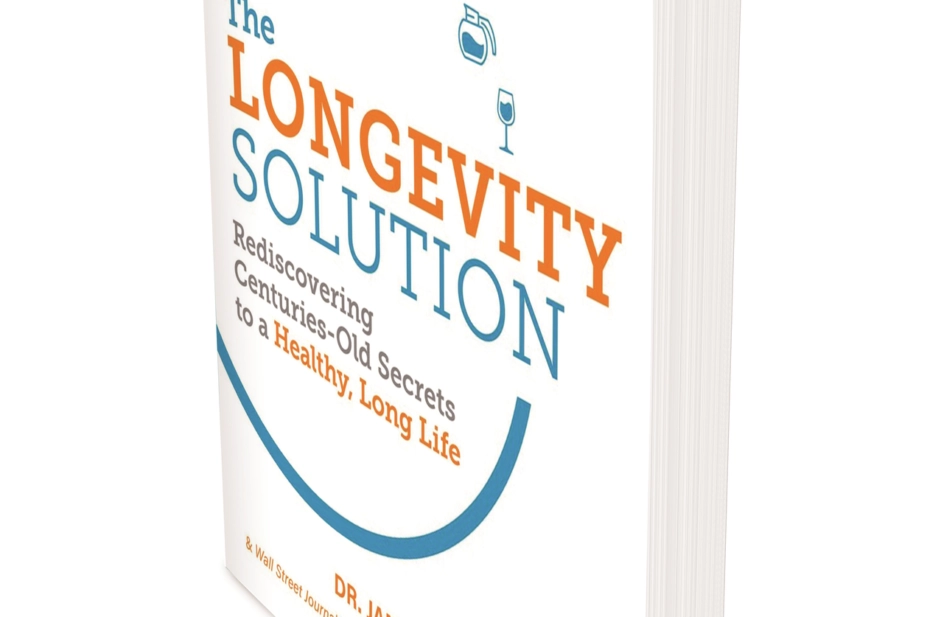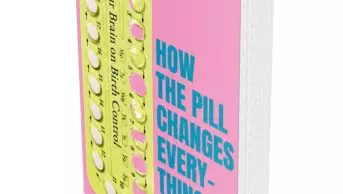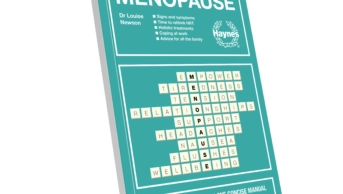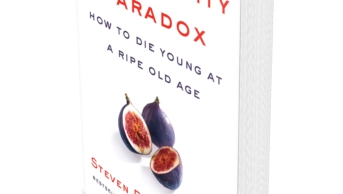
None of us will live forever, but there is a difference between living for a long time and living life in good health. As life expectancy increases, many people in their later years are having to cope with the manifestations of cardiovascular, respiratory and neurological disease.
Although the media would like us to believe that the latest super food of the moment is going to perform miracles for our health, the secrets to healthy ageing, as described in this book, The Longevity Solution, have been known and practised for centuries. Authors James DiNicolantonio, a cardiovascular researcher, and Jason Fung, a kidney specialist and an expert on intermittent fasting and low-carb diets, have put together a simple yet potentially effective strategy for healthy living as we age.
The book begins by describing a phenomenon known as hormesis, in which small doses of stressors that are normally toxic may make us healthier. Tissues are broken down and subsequently rebuilt to withstand greater stresses, and we become stronger and may live longer.
The authors move on to consider calorie restriction, a stressor that is widely practised, not just for weight loss but as a strategy to improve health; indeed, the authors report studies that have demonstrated that even a 10% calorie restriction increases the lifespan of rats by 15%. The physiological impact of calorie restriction is complex but the authors provide a very readable explanation of the process.
The next three chapters carefully consider the importance of protein, compare animal and plant protein sources, consider how much is required, and ultimately provide a guide to the required intake and how this varies with a person’s status (old age or being athletic, for example).
Although calorie restriction is discussed earlier on in the book, a separate chapter is devoted to intermittent fasting. The authors discuss the numerous clinical studies that have taken place on the subject; and it seems that intermittent fasting confers health benefits owing to autophagy — a natural cellular recycling process, which appears to play a role in anti-ageing.
The next two chapters evaluate tea, coffee and red wine, all of which appear to have health benefits, although recent work has highlighted that even moderate alcohol intake does not protect against strokes.
After a criticial appraisal of the evidence, the authors then seem to move away from conventional wisdom by suggesting how we should increase our intake of salt, not decrease it. The fats in our diet are next under the spotlight and there seems to be no problem with eating more fat, but industrialised trans fats and omega-6 vegetable oils should be avoided.
The book concludes with the authors’ five-step plan for health: fasting; getting sufficient protein; consuming tea, coffee and wine; increasing salt and magnesium intake; and, finally, eating more healthy fats.
This book will be of interest to pharmacists who wish to learn more about nutrition and health. Although the authors’ views on the intake of salt are controversial, much of the content makes sense and could help people remain in good health.
Rod Tucker
References
DiNicolantonio J & Fung J. The Longevity Solution: rediscovering centuries-old secrets to a healthy, long life. Pp 222. Price £22.98. Las Vegas: Victoria Belt Publishing Inc.; 2019. ISBN 978-1-628603-79-8


